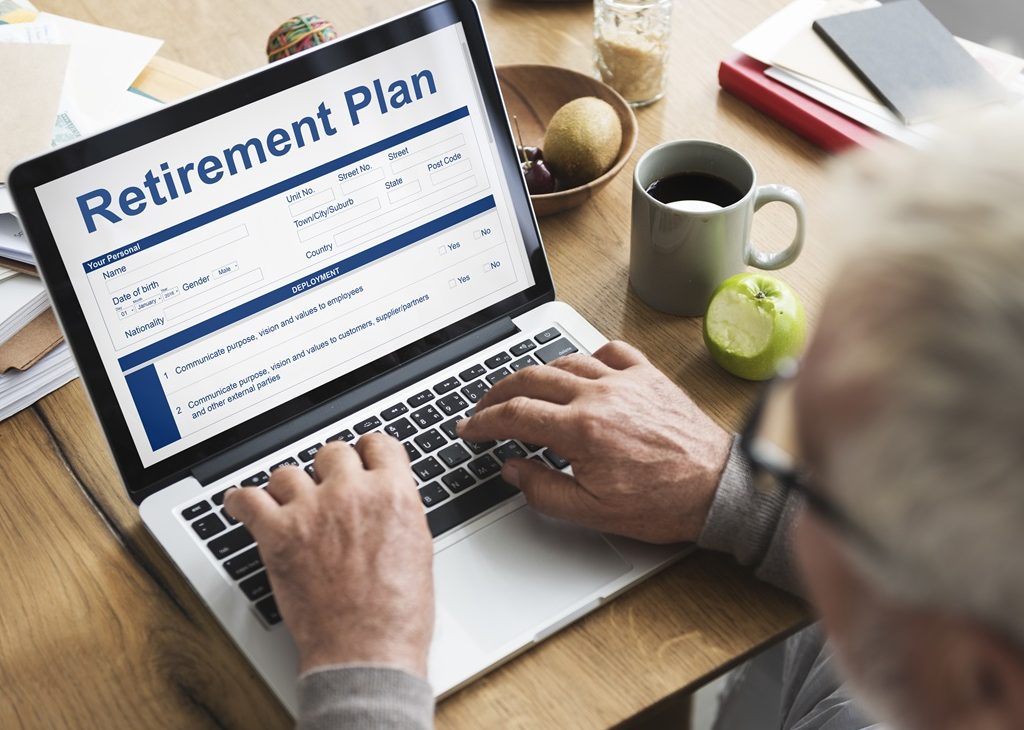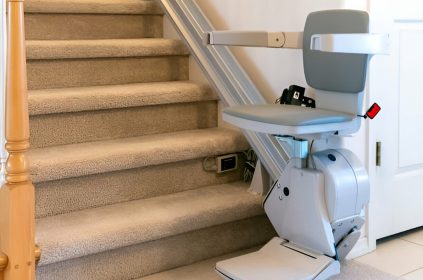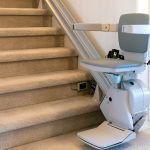Retirement is a time to relax and enjoy the fruits of your labor, but it’s also a time when unexpected expenses can arise. Whether it’s medical bills, home repairs, or other unforeseen costs, these expenses can quickly eat into your retirement savings if you’re not prepared. Planning for the unexpected is essential to ensuring financial security during your retirement years. Here are some strategies to help you plan for unexpected expenses in retirement.
Build an Emergency Fund
One of the most effective ways to prepare for unexpected expenses is to build an emergency fund. This fund should be separate from your regular retirement savings and easily accessible. Aim to save at least three to six months’ worth of living expenses in your emergency fund. Having this cushion will give you peace of mind and financial flexibility if an unexpected expense arises. Start building your fund as early as possible, and continue to contribute to it even after you retire.
Consider Health Care Costs
Health care is one of the biggest unknowns in retirement, and costs can vary widely depending on your health and location. Even with Medicare, out-of-pocket expenses can add up quickly, especially if you need long-term care or specialized treatment. To prepare for these costs, consider purchasing supplemental insurance, such as Medigap, to cover gaps in Medicare. You might also want to set aside a portion of your savings specifically for health care expenses, including medications, treatments, and insurance premiums.
Plan for Home Maintenance and Repairs
Owning a home comes with ongoing maintenance and repair costs, which can be especially burdensome on a fixed income. To avoid being caught off guard by a major repair, like a roof replacement or HVAC system failure, it’s important to budget for home maintenance. Set aside a small percentage of your retirement income each year to cover these costs. Regularly inspect your home for potential issues, and address them promptly to prevent small problems from turning into expensive repairs.
Create a Flexible Budget
A flexible budget is key to managing unexpected expenses in retirement. While you may have a fixed income, it’s important to leave some room in your budget for unexpected costs. Review your spending regularly and adjust your budget as needed. This might mean cutting back on discretionary expenses, like dining out or travel, to make room for unexpected costs. By staying flexible, you can better manage your finances and avoid dipping into your long-term savings.
Consider Downsizing
If you’re finding it difficult to manage unexpected expenses, downsizing your home or lifestyle can be a practical solution. Moving to a smaller home or a location with a lower cost of living can free up funds and reduce ongoing expenses, such as property taxes, utilities, and maintenance. Downsizing can also simplify your life and reduce the financial stress that comes with managing a larger property.
Conclusion
Planning for unexpected expenses in retirement is crucial to maintaining financial security and peace of mind. By building an emergency fund, considering health care costs, budgeting for home maintenance, creating a flexible budget, and considering downsizing, you can better prepare for whatever challenges may come your way. Taking these steps will help ensure that you can enjoy your retirement without the worry of unexpected financial setbacks.








